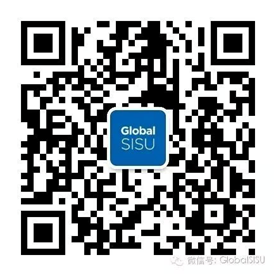
More than 20 scholars and specialists from China and other countries participated in early November’s international seminar at SISU, “China and Iran: Culture Exchanges on the Silk Road.”
History, archaeology and language, among other subjects, were presented in seminar papers that covered the civilization brought by the Silk Road from the ancient period to modern times, and from Persia (previous name for Iran) to China, the eastern and western ends of the Road, respectively. Most of the papers were original to the seminar and they will be published as a book in 2015.
Most undergraduates and postgraduates in SISU’s Department of Persian Studies attended the seminar. A senior Persian Studies student surnamed Liu said, “I study the Persian language and Iran in history, culture and art. I learned a lot from this seminar although some of experts’ ideas are too profound for me to understand.”
Seyed Mohammad Hadi SobhAani, Consul General of Iran in Shanghai, said the seminar will contribute to sound exchanges in politics, trade and culture between Iran and China.
Prof. Cheng Tong, Dean of SISU’s School of Asian and African Studies, said the seminar analyzes the history and culture of the Silk Road countries, helping to lay a foundation for practicing President Xi Jinping’s 2013 strategic concept of “building the silk road economic belt and maritime silk road in the 21st century.” (The strategy resulted in agreements in May between Chinese President Xi Jinping and Iranian President Hassan Rouhani.) Cheng added that the seminar will deepen the internationalization of SISU through strengthening transnational academic communication.
SISU launched the major of Persian language and literature 17 years ago and then established the Institute of Iranian Studies.



